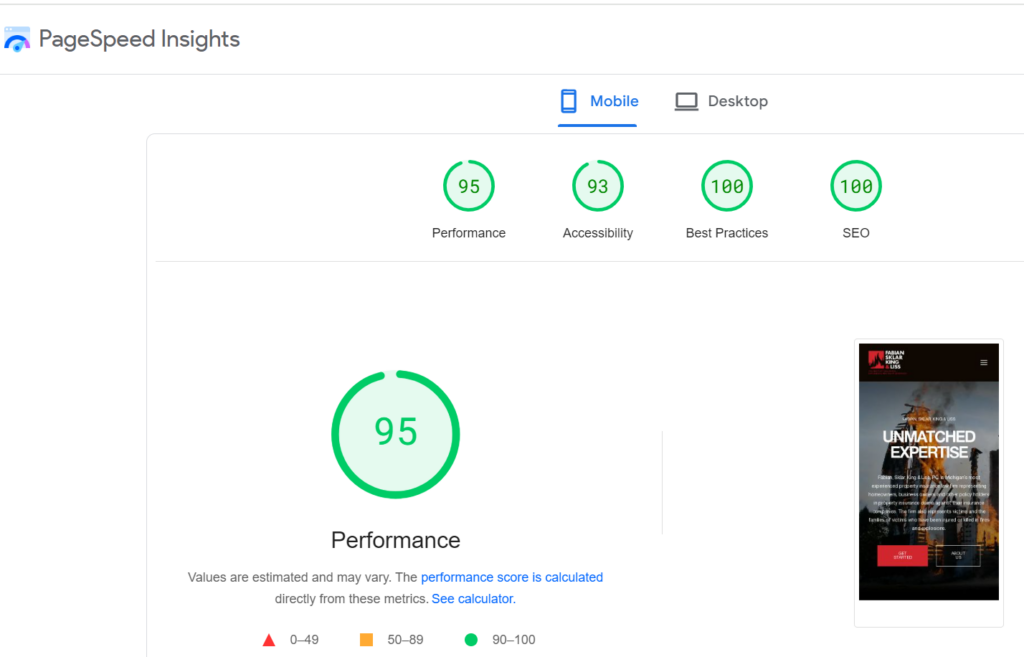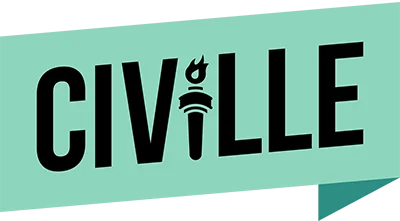
Staying ahead of the curve is essential for law firms that want to have a competitive edge online. 2025 brings a wave of new trends and challenges that will shape how law firms approach their SEO strategies. From the rise of AI-powered search features to the increasing importance of user experience, we’ll explore key developments shaping law firm SEO in 2025.
The Rise of AI is Transforming Content and Search
Artificial intelligence is no longer a futuristic concept. It’s influencing everything from the content we consume to the algorithms that determine what we see. The amount of AI-generated content online is exploding, and law firms need to find ways to make their content stand out. That means making content that’s original, informative, and engaging.
Google’s AI Overview is just one example of how AI is changing search, but it’s perhaps the most visible one. These are AI-generated summaries that provide summaries on a subject complete with citations. These citations could lead to your law firm with the right content, and since these summaries appear at the top of search, earning these citations is a big deal. Luckily, earning these spots involves some of the same strategies that have already worked in search in the past.
Read More: How Local Blogs Can Build Your Firm’s Local Presence
E-E-A-T: Expertise Takes Center Stage
Google’s emphasis on Expertise, Experience, Authoritativeness, and Trustworthiness (E-E-A-T) is intensifying. For law firms, building a strong online reputation, not just with your clients and potential clients, but with search engines is critical. Highlight your attorneys’ qualifications, experience, and any awards or recognitions they’ve received. Create high-quality content that demonstrates the E-E-A-T principles and establishes your firm as a thought leader in your practice areas.
GOOD Content is Still King
The rise of AI writing tools has undoubtedly made content creation more accessible. But here’s the catch: while churning out words has become easier, crafting truly good content remains as challenging and time-consuming as ever.
As the internet floods with AI-generated content, creating high-quality, human-driven content is not just important, but crucial. Think of it this way: in a sea of machine-generated text, authentic, insightful, and emotionally intelligent content will stand out like a beacon.
Here’s why the human touch remains essential in content creation:
- Uniqueness and Originality: AI can mimic writing styles, but it can’t replicate the unique perspective and voice that comes from a real person. Your content should reflect your firm’s personality, values, and expertise.
- Emotional Intelligence: Legal issues are often complex and emotionally charged. AI can’t provide the empathy, understanding, and nuanced perspective that a human writer can bring to these sensitive topics.
- Building Trust and Credibility: Clients want to know they’re working with real people who understand their needs. Content that feels authentic and human builds trust and credibility, which are essential for converting potential clients into loyal ones.
While AI can be a valuable assistant in the content creation process, it’s important to remember that it’s just a tool, not a replacement for human writers. By combining the strengths of AI with the unique insights and emotional intelligence of an experienced human writer, you can create content that still stands out and resonates with the people that matter, your potential clients.
The Rise of Semantic Search
Google’s understanding of language is becoming more sophisticated. Semantic search focuses on the intent behind a query, not just the individual keywords. Focus on topics, not just keywords. Create content that comprehensively covers a topic, using related keywords and synonyms naturally. Anticipate the questions your target audience might have and provide clear, concise answers in your content. Structure your content logically, using headings, subheadings, and bullet points to organize your content and make it easier for both users and search engines to understand.
Local SEO: The Power of “Near Me”
For law firms targeting local clients, local SEO remains vital. Ensure your Google Business Profile is complete, accurate, and includes relevant keywords. Build local citations by getting listed in relevant online directories and ensuring your NAP (name, address, phone number) information is consistent across all platforms. Create local content that addresses the specific legal needs and concerns of your local community.
Read More: What is Google AI Overview?
The User Experience: More Than Just Speed
While page speed remains crucial, Google is placing even greater emphasis on the overall user experience. Ensure your website is mobile-friendly and provides a seamless experience for users on all devices. Pay attention to metrics like page load speed, interactivity, and visual stability, as these directly impact user experience and search rankings. Make your website accessible to all users, including those with disabilities. This not only improves user experience but also aligns with Google’s inclusivity goals.

Mobile-First Design Should be Your Standard
While page speed remains crucial, Google is placing even greater emphasis on the overall user experience, and a significant part of that is mobile optimization. You might be thinking, “But my clients are mostly business executives and older individuals who prefer their desktops!” While that might be true, Google’s focus is on providing the best possible experience for all users. This means that even if your target audience primarily uses desktops, your website’s mobile performance still matters.
Google has shifted to a mobile-first indexing approach. This means their algorithms primarily use the mobile version of your website for indexing and ranking. If your site isn’t mobile-friendly—meaning it doesn’t load quickly, display correctly, or function seamlessly on smartphones and tablets—it will negatively impact your search rankings.
Mobile optimization goes beyond just responsiveness (ensuring your site adapts to different screen sizes). It includes factors like page speed, touch-friendly navigation, clear and concise content, and accessibility for users with disabilities.
Accessibility: Creating an Inclusive Online Experience
In 2025, web accessibility is no longer just a best practice, it’s an expectation. Google continues to emphasize the importance of making websites accessible. This is reflected in their algorithm updates, which now include checks for accessibility factors like color contrast between text and background. Insufficient contrast can make it difficult or impossible for people with visual impairments to read your content.
Beyond color contrast, other accessibility considerations remain crucial:
- Alternative Text for Images: Provide descriptive alt text for all images on your site, allowing screen readers to convey the image content to visually impaired users.
- Keyboard Navigation: Ensure your website can be fully navigated using a keyboard alone, catering to those who cannot use a mouse.
- Clear Headings and Structure: Use proper heading structure (H1, H2, etc.) to organize your content logically, making it easier for screen readers and users with cognitive disabilities to understand.
- Descriptive Link Text: Use clear and descriptive anchor text for links, providing context and avoiding vague phrases like “click here.”
By prioritizing accessibility, you’re not only improving the user experience for a wider audience but also aligning with Google’s focus on inclusivity.
How Will Law Firms Use AI in 2025
The Civille Advantage
At Civille, we help law firms navigate the ever-evolving world of SEO. 2025 presents both challenges and opportunities for law firms in the digital landscape. By embracing new technologies, prioritizing user experience, and continuing to create high-quality content, you can ensure your firm remains visible, relevant, and successful online, and Civille is here to help. Reach out to us today to learn about our lightning-fast website platform, our content packages with human-written content, and our tools to increase leads and improve lead quality.





